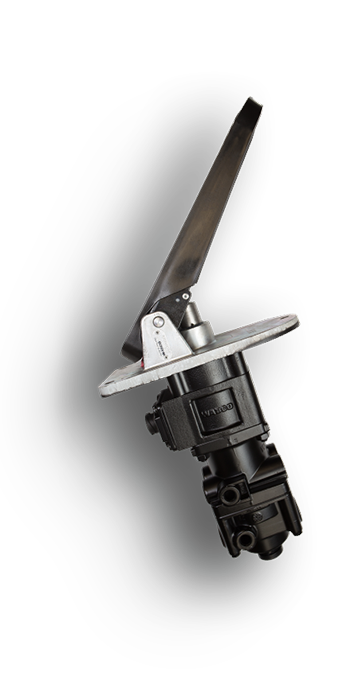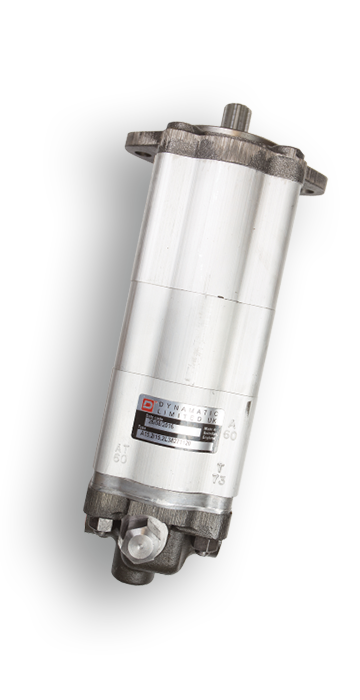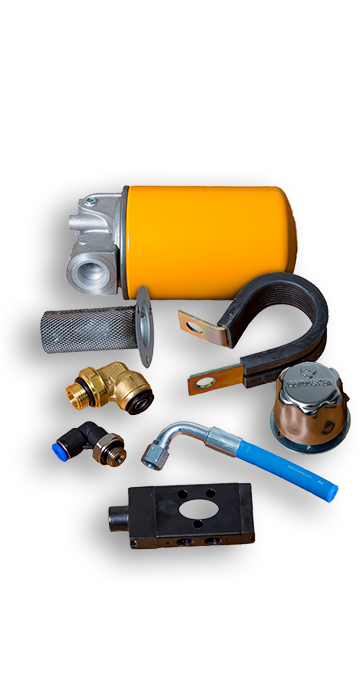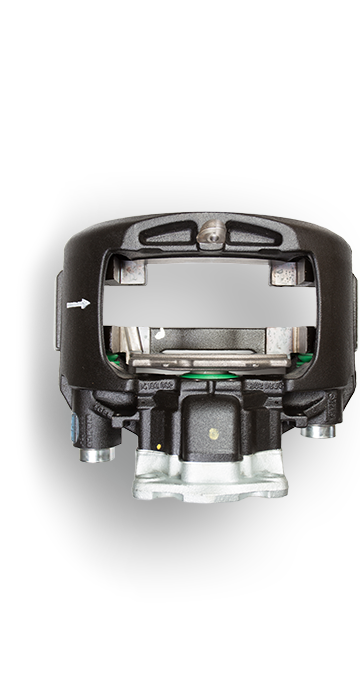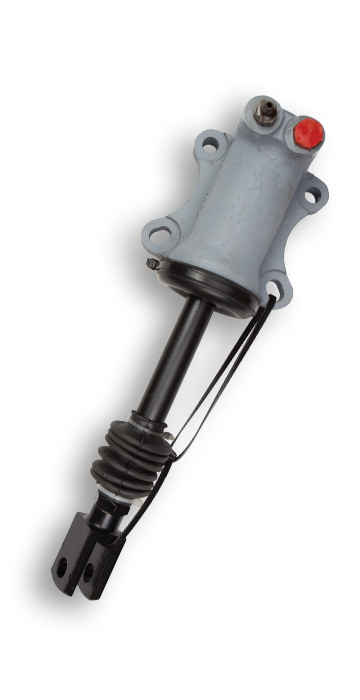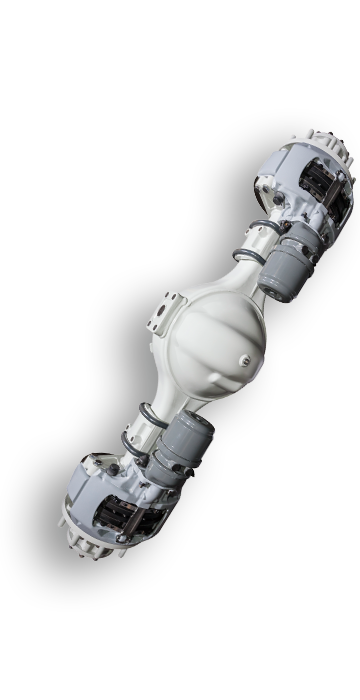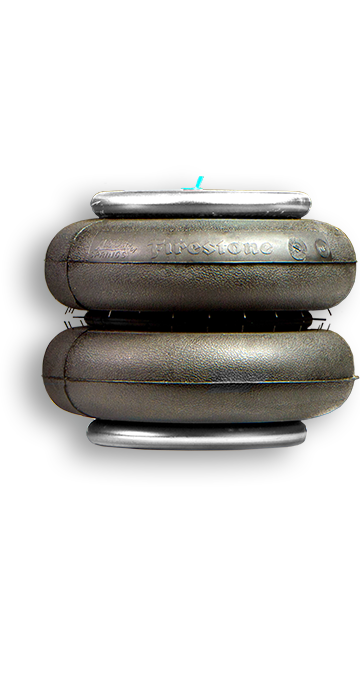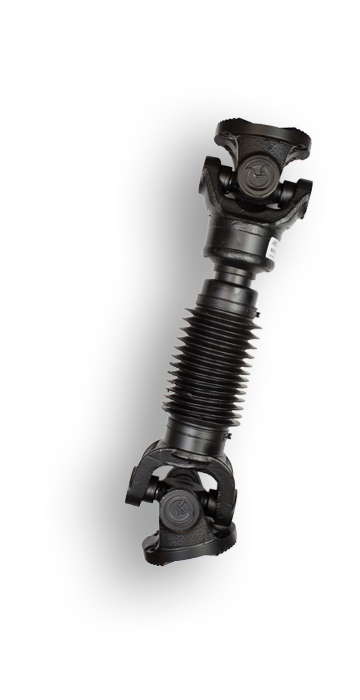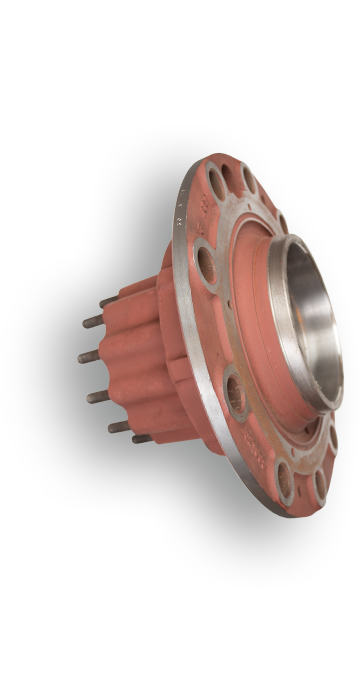Progress regarding autonomous car development is now making regular headlines but advances in driverless public transport have gone a step farther with the launch of London’s first autonomous passenger bus, that’s being billed as “the future of public transport.”
The free electric shuttle bus, called the ‘Navya’, is being trialled in the former Olympic Park, having done extensive testing in Las Vegas. The pod, which can carry up to 15 passengers, navigates a pre-programmed 1km route using cameras and GPS and is limited to 5mph with safety measures to prevent any conflict with pedestrians or cyclists.
With a growing trend towards ‘intelligent’ and zero emission transport, the rise in such sophisticated technology demands action from the automotive industry to future-proof itself from a skills perspective. The next generation of multi-skilled technicians are lacking as the sector struggles to attract new recruits. Exorbitant university tuition fees and the prospect of a lifetime of debt has not dampened the enthusiasm of teenagers aspiring to achieve a degree, even though there’s no guarantee of work afterwards.
Use of engaging technologies in the training of young people may be one way in which industries like ours can become more desirable to work in. For those used to interactive gaming, a learning environment that isn’t fully immersive is likely to fall short of their expectations. However, being exposed to a virtual reality training world without risk is an altogether more attractive proposition for learner and employer alike.
Immersive tech is already being embraced by many business sectors for the delivery of cutting-edge, risk free and interactive training. Employers need to train greater numbers of people but in a faster, safer, more cost-effective and environmentally friendly way. Perhaps unsurprisingly, one of the most widely used applications of virtual reality training is in the military, for the preparation of medical personnel prior to their deployment in war zones.
Today’s students are looking way beyond classroom teaching. They want to learn with the latest technologies and develop skills for the future workplace. It follows, therefore, that presenting material in a more interactive and dynamic way will help our sector broaden its appeal.
One such organisation that’s at the forefront of ‘immersive learning’ is situated locally to leading bus and coach parts supplier, Imperial Engineering.
As the UK’s first College of Advanced Technology, Essex-based PROCAT is leading the development of digital learning to support technical training, by using an immersive virtual reality training suite. This recreates a wide variety of scenarios enabling students to be ‘virtually’ on site, including motor vehicle maintenance training. The technology gives them an opportunity to make decisions in a safe and controlled environment, supported by individual observation, evaluation and feedback.
One of the instructors at PROCAT commented: “Virtual reality training enables students to test electrical circuits and mechanical installations without the hazards faced in real life. It is only when students become competent in a VR environment that they can progress to complete tests for real.”
In the bus and coach sector, major companies such as Arriva Bus and Coach are now using VR to provide virtual test drives, whilst manufacturers are looking at future concept models which incorporate a range of passenger features, including immersive technology.
This is all certainly compelling stuff but machines are still prone to break down or require maintenance, so having highly skilled technicians on hand in the years ahead means that the process of training them ‘virtually’ must start today.
